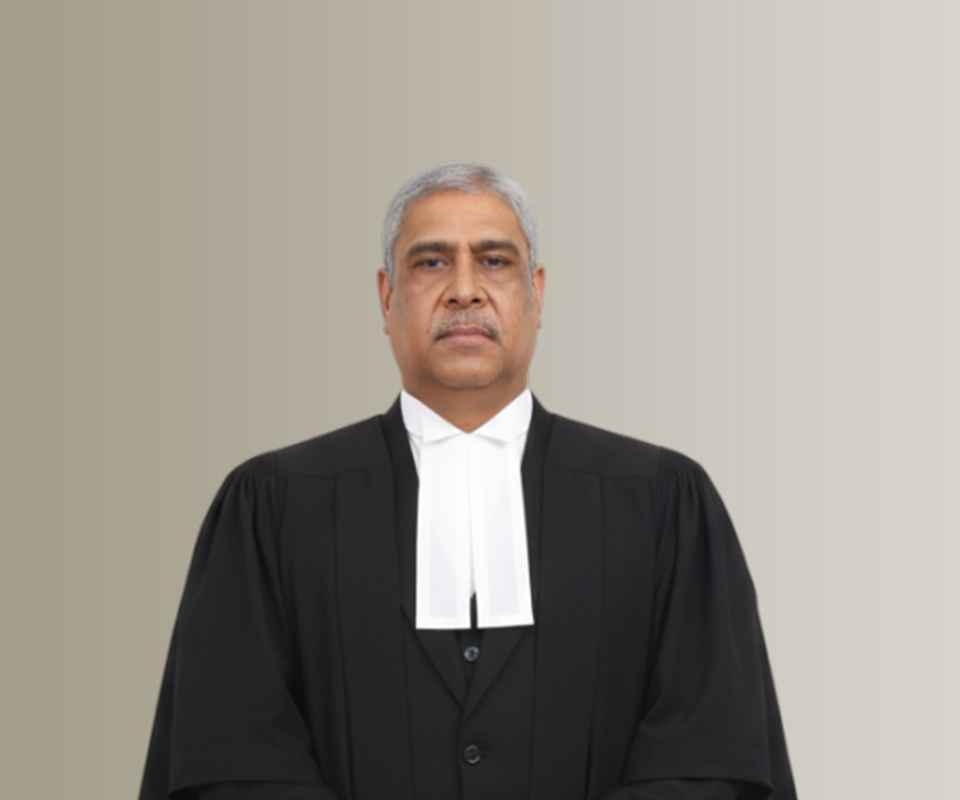Answer By law4u team
Bharatiya Nagarik Suraksha Sanhita, 2023 - Section 97: Search of place suspected to contain stolen property, forged documents, etc.
(1) If a District Magistrate, Sub-divisional Magistrate, or Magistrate of the first class, upon information and after such inquiry as he thinks necessary, has reason to believe that any place is used for the deposit or sale of stolen property, or for the deposit, sale or production of any objectionable article to which this section applies, or that any such objectionable article is deposited in any place, he may by warrant authorise any police officer above the rank of a constable—
(a) to enter, with such assistance as may be required, such place;
(b) to search the same in the manner specified in the warrant;
(c) to take possession of any property or article therein found which he reasonably suspects to be stolen property or objectionable article to which this section applies;
(d) to convey such property or article before a Magistrate, or to guard the same on the spot until the offender is taken before a Magistrate, or otherwise to dispose of it in some place of safety;
(e) to take into custody and carry before a Magistrate every person found in such place who appears to have been privy to the deposit, sale or production of any such property or article knowing or having reasonable cause to suspect it to be stolen property or, as the case may be, objectionable article to which this section applies.
(2) The objectionable articles to which this section applies are—
(a) counterfeit coin;
(b) pieces of metal made in contravention of the Coinage Act, 2011, or brought into India in contravention of any notification for the time being in force issued under section 11 of the Customs Act, 1962;
(c) counterfeit currency note; counterfeit stamps;
(d) forged documents;
(e) false seals;
(f) obscene objects referred to in section 292 of the Bharatiya Nyaya Sanhita, 2023;
(g) instruments or materials used for the production of any of the articles mentioned in clauses (a) to (f).
Brief Detail
Section 97 of the Bharatiya Nagarik Suraksha Sanhita, 2023, empowers specific magistrates to authorize police officers to search places suspected of containing stolen property or objectionable articles. It outlines the authority given to police officers to enter and search premises, take possession of suspected items, and detain individuals connected to such properties. The section also enumerates various objectionable articles, including counterfeit coins, forged documents, and obscene objects.
Question & Answers
What is the purpose of Section 97 of the Bharatiya Nagarik Suraksha Sanhita, 2023?
It allows magistrates to authorize searches for places suspected of containing stolen property or objectionable articles.
Who can authorize a search under this section?
A District Magistrate, Sub-divisional Magistrate, or Magistrate of the first class can authorize a search.
What actions can a police officer take with the warrant?
The police officer can enter the place, search it, seize property, and detain individuals found in connection with the suspected items.
What types of articles are considered objectionable under this section?
Objectionable articles include counterfeit coins, forged documents, obscene objects, and materials used to produce these items.
What should a police officer do with seized property?
The officer can convey it before a Magistrate, guard it on-site, or dispose of it in a safe place until further instructions.
Example
- A District Magistrate receives information that a particular warehouse is being used for storing counterfeit coins and forged documents.
- The Magistrate issues a warrant authorizing a police officer to enter and search the warehouse.
- The police officer finds and seizes several counterfeit coins and takes custody of individuals present who are suspected of involvement in the illegal activities.
Summary
Section 97 of the Bharatiya Nagarik Suraksha Sanhita, 2023, outlines the procedures for searching places suspected of harboring stolen property or objectionable articles. It empowers specific magistrates to authorize police officers to conduct searches and seize items, detailing the types of articles considered objectionable, thus facilitating law enforcement in addressing crimes related to theft and forgery.







